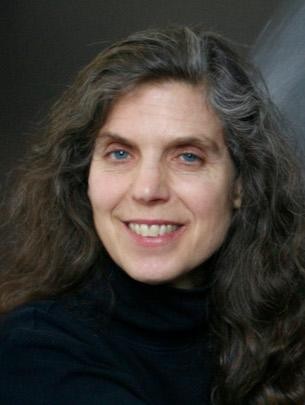Essential workers have been lauded as heroes of the COVID-19 pandemic, but their individual stories—the details that reveal the daily lived realities of nurses and janitors, grocery clerks and transit workers—have often gone untold.
To help change that, University of Chicago undergraduate students are creating an oral history project to share and preserve the voices of these frontline workers.
As part of Assoc. Prof. Amy Dru Stanley’s autumn class on U.S. labor history, the students interviewed workers from hospitals, schools, stores and many other sectors that serve the public. The interviews (48 in total) formed the basis of their final class projects, and will be archived in the Hanna Holborn Gray Special Collections Research Center at Regenstein Library.

“The students are creating history,” said Stanley, a leading historian of U.S. law and capitalism. “They’re documenting the experiences of the people who are risking their lives to sustain all of us during this time.”
The project will continue during the winter quarter in a class taught by Asst. Prof. Gabriel Winant. It explores the nature of essential work and its relationship to social inequality, while posing questions about how essential work is defined, examining the protections offered by unions and analyzing the role of gender, race and other factors in shaping the work that is available to different people.
By providing students with an opportunity to gather first-person narratives, the project encourages them to connect the past and the present while thinking critically about labor studies during the pandemic. And the interviews—which were conducted virtually with workers around the country, from Chicago to Dallas, New York City and the San Francisco Bay Area—also created an opportunity to connect with the people who keep our society running.
Teaching assistants Daina Coffey and James Bradley helped guide the project, which has been eye-opening and challenging for students in many ways. Ricardo Mestre, a fourth-year in the College majoring in history, interviewed a Chicago Transit Authority janitor. He was surprised to hear that the janitor had never felt protected at work.
“My interviewee viewed COVID as just another obstacle that they had to meet with self-reliance,” Mestre said.
Fourth-year Andrew Dietz talked to a nurse who felt “disillusioned” by the fact that frontline workers are so frequently cast as heroes without receiving additional compensation. This narrative can amount to emotional blackmail, Dietz explained, because it makes workers seem ungrateful if they request reduced hours, better pay or more personal protective equipment.